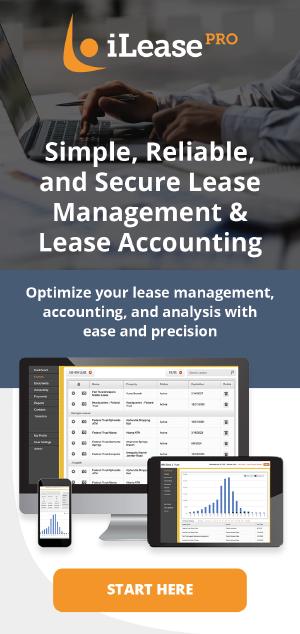Major Takeaways from the July 23, 2014 Joint Board Meeting
On July 23, 2014, the Financial Accounting Standards Board (FASB) and the International Accounting Standards Board
(IASB), collectively referred to as the Boards, convened to advance discussions regarding their Joint Proposal on Lease
Accounting. These discussions, primarily focused on lessee accounting issues, delved into the intricacies of accounting
for sale and leaseback transactions, shedding light on the evolving landscape of lease accounting standards.
One
notable outcome of this meeting was the consensus that a seller/lessee, in the context of a sale and leaseback
transaction, should refer to the new revenue recognition guidance to determine whether a sale has indeed been
consummated. This alignment with revenue recognition guidelines aims to ensure consistency and clarity in accounting
practices, especially in cases where leases are intertwined with sales.
However, it's crucial to recognize that
the FASB and the IASB are pursuing distinct approaches to lessee accounting. The FASB has adopted a dual classification
system, categorizing leases into Type A and Type B, whereas the IASB has introduced a unified lease model. These
contrasting approaches have implications for decisions on issues like sale and leaseback transactions. For instance, the
FASB has articulated that if the seller/lessee concludes that a lease transaction falls under the Type A category, then,
by definition, no sale has occurred. On the other hand, the IASB did not explicitly comment on this matter but indicated
that if the seller/lessee retains a substantial repurchase option concerning the underlying asset, then the transaction
should not be considered a sale.
This meeting marked an important step in the ongoing deliberations of the Joint
Project. As the FASB and IASB continue to navigate the complexities of lease accounting, their decisions will have
far-reaching implications for businesses and financial reporting worldwide. These discussions serve as a reminder of the
dynamic nature of accounting standards, which constantly evolve to reflect the changing landscape of business
transactions and practices. The Boards will carry forward their deliberations in future meetings, shaping the future of
lease accounting standards in the global financial arena. Stay tuned for further developments in this crucial area of
accounting.



